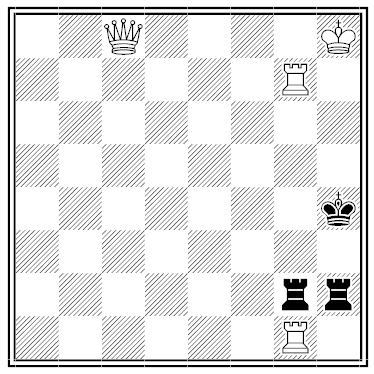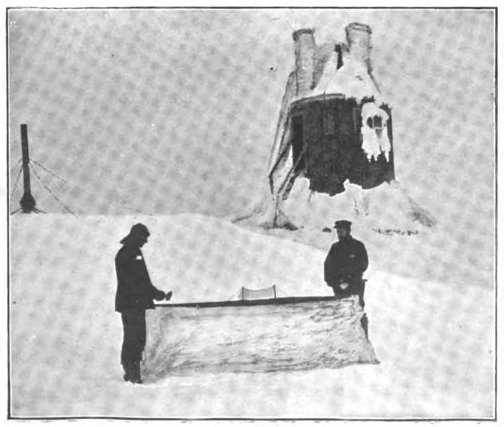In 1864, Peter and Hannah Armstrong deeded a tract of Pennsylvania land to God:
Containing four square miles of land of which we have redeemed about six hundred acres, and we do hereby set apart the balance of said tract at or before the redemption of the whole world, as the purchased possession of Jesus Messiah, together with all and singular rights, liberties, privileges and appurtenances whatsoever thereunto belonging to us; we do grant, deed and convey to the said Creator and God of heaven and earth and to his heirs Jesus Messiah, for their proper use and behoof for ever. In witness whereof we have hereunto set our hands and seal the day and year above written.
The Deity failed to pay his property taxes, unfortunately, and the land was auctioned back to a human.
In an 1884 will, Charles Hastings deeded a plot of Massachusetts land “unto the Lord Jesus, the Supreme Ruler of the Universe.” Perhaps learning from the Armstrongs’ experience, he gave it in trust, reserving the right as agent to “occupy and improve, make repairs, pay taxes, insurance policies, &c.” But Hastings’ heirs contested the will in 1897, and it was declared invalid.





